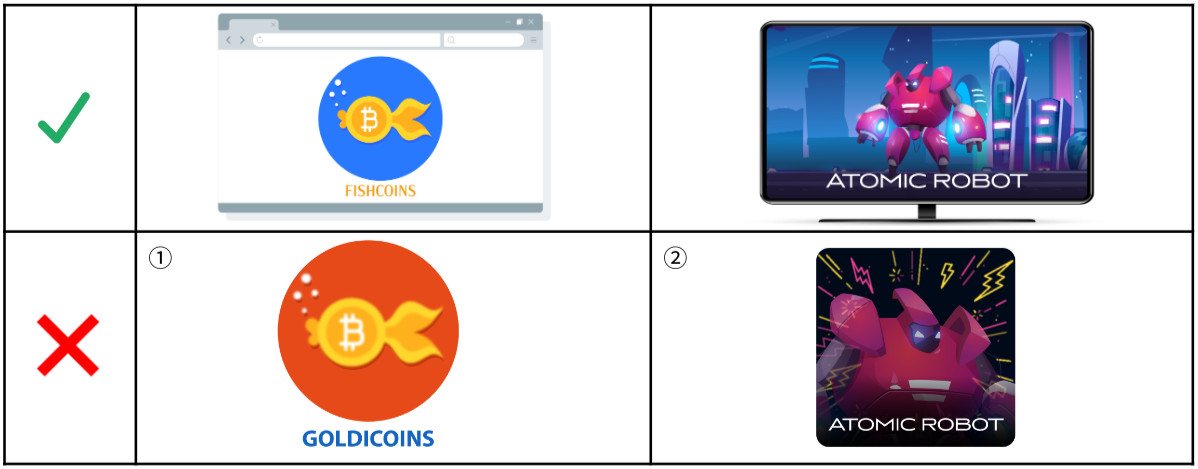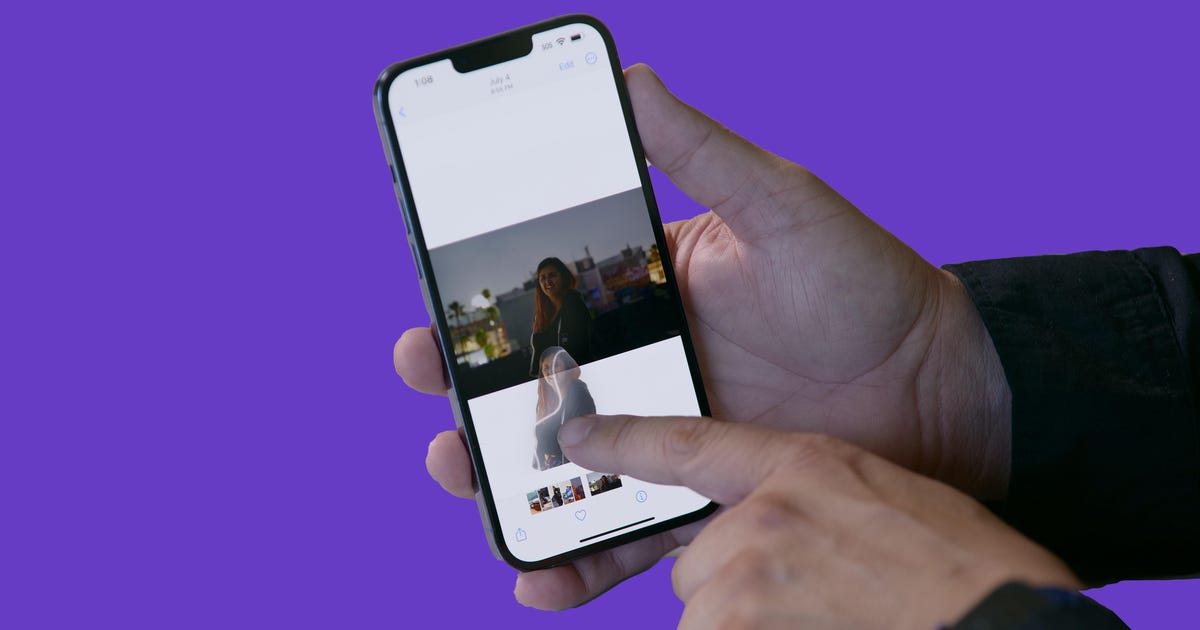Google is making an attempt to scale back annoying, unskippable adverts in Android apps and common unhealthy conduct within the Play Retailer (through Tech Crunch). The corporate introduced sweeping coverage modifications on Wednesday that replace guidelines in a number of classes to be extra particular, cracking down on loopholes builders might have used to avoid current guidelines.
One of many modifications that can have the most important impression in your day-to-day telephone utilization is adverts. Google says its up to date tips, which take impact September 30, assist guarantee “high-quality experiences for customers when utilizing Google Play apps.” The brand new coverage tells builders that apps cannot present a full-screen advert that does not allow you to shut it after 15 seconds. There are just a few exceptions – if you happen to voluntarily select to look at an advert to get some form of reward factors, or if they seem throughout a break within the motion, these guidelines will not essentially apply.
Google’s present coverage states that adverts “have to be simply detachable with out penalty” and that you need to be capable of shut full-screen adverts, however the 15-second benchmark is new. Though it is nonetheless a little bit of a wait, it does be certain that you do not have to look at a two-minute lengthy advert the place the (lowercase, arduous to see) “x” does not seem till after 70 seconds, simply in the midst of a recreation or making an attempt to do one thing else.

The brand new guidelines additionally specify that adverts shouldn’t be “sudden”, showing proper after a stage or merchandise masses. Once more, the present guidelines already say that shock disruptive adverts usually are not allowed, however the brand new guidelines give extra concrete examples of violations.
It must be famous that promoting insurance policies for apps designed for kids are stricter. Whereas Google is not altering a ton on the forms of adverts builders can present youngsters, it is going to be making some modifications to the instruments builders use to serve these adverts, beginning in November.
Google can be making modifications to how apps can implement and use Android’s built-in VPN (or vdigital pShore notcommunity). Apps won’t be allowed to implement their very own VPNs to gather consumer knowledge except they get specific permission from the consumer, nor will they be capable of use VPNs to assist customers circumvent or modify the ads of different purposes. Mishaal Rahman, Technical Author of Esper, identified on Twitter that this could help fight ad fraud the place customers fake to click on on adverts from one nation when they’re really in one other but said that he might too have an effect on issues like DuckDuckGo’s privacy-focused app monitoring safety.
Google’s new guidelines additionally embrace a number of different modifications. For instance, builders might want to hyperlink to an “easy-to-use on-line methodology” to cancel subscriptions of their app if their app sells subscriptions – the corporate says the hyperlink to Google Play’s subscription middle counts. Google can be cracking down on well being misinformation by including a bit saying apps cannot include deceptive details about vaccines, unapproved remedies, or “different dangerous well being practices, reminiscent of conversion remedy.”
The replace additionally makes some modifications to the language surrounding surveillance apps, or “stalkerware”, stating that any app designed to trace individuals should use a selected indicator that tells Google what it’s doing and that apps should say what it’s doing. they’ll watch you or observe you. of their Play Retailer description. (Most of these apps are nonetheless solely allowed to trace workers and kids – Google explicitly says that utilizing these apps to trace another person, reminiscent of a partner, is prohibited, even when the consumer claims the tracked individual is conscious of this.)
There is a barely humorous tidbit within the up to date “Impersonation” part – along with different firms, builders, and organizations, Google’s new guidelines say builders cannot attempt to trick individuals into their pretending their app is related to an “entity” if it is not. For example of what this implies, Google reveals an app with iconography that may trick customers into pondering it is related to a authorities or cryptocurrency venture. (There’s additionally a humorous phrase about you’ll be able to’t identify your app “Justin Bieber Official” except you are really Justin Bieber or have his permission, however that was already within the current tips. .)

This instance looks as if excellent timing on Google’s half. Though the coverage does not go into impact till the top of August, the corporate introduced it only a day earlier than Sen. Sherrod Brown (D-OH) despatched it a letter asking for extra info. about fraudulent crypto apps on the Play Retailer.
#Google #Play #Retailer #guidelines #goal #annoying #adverts #copy #crypto #apps



